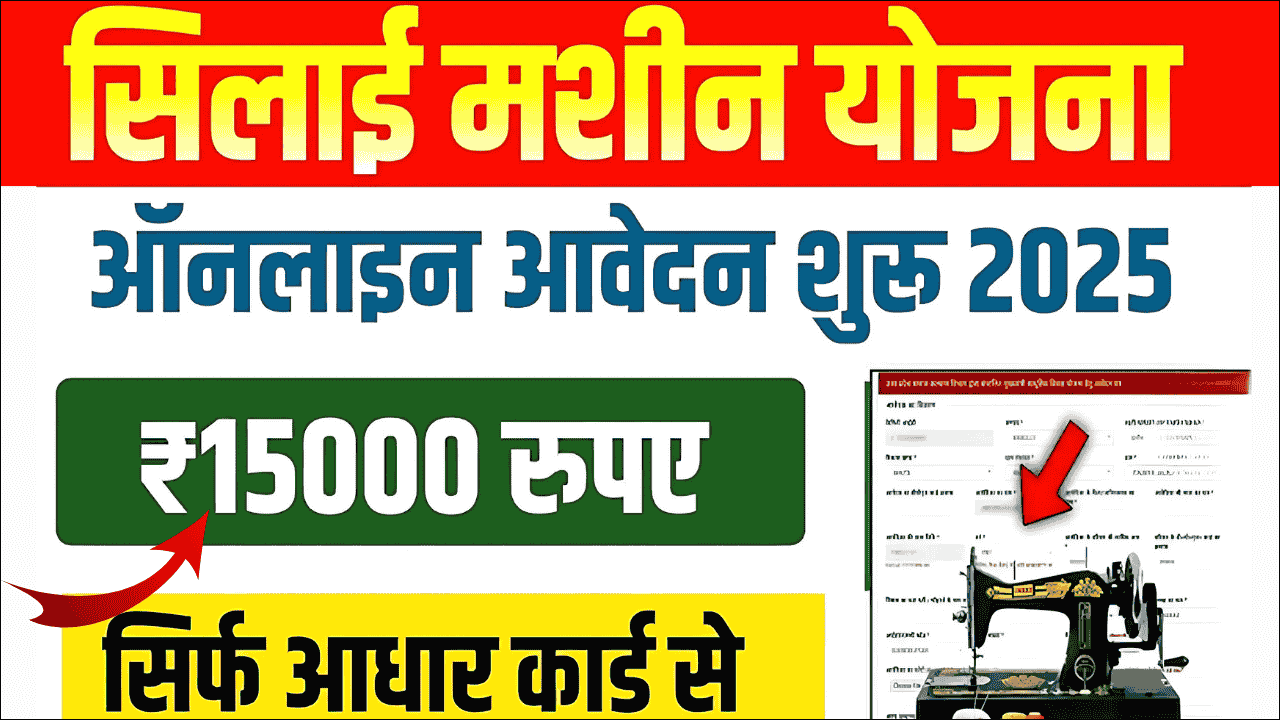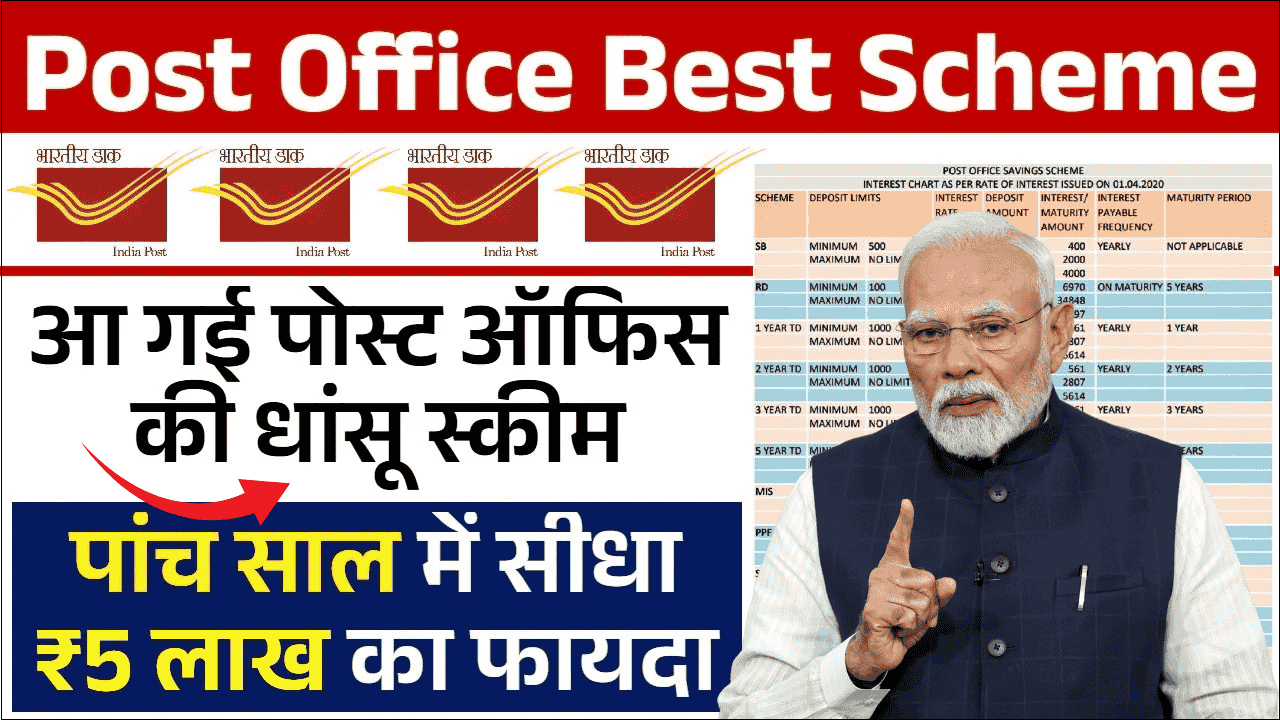
Table of Contents
Bottom Line Up Front
Indian Railways launches a comprehensive overhaul of its Tatkal booking system on June 20, 2025, featuring expanded quotas (up to 50% increase for premium trains), enhanced anti-fraud measures, streamlined refund processes, and improved technological infrastructure. These changes aim to provide better accessibility for urgent travelers while combating ticket touting and server congestion issues.
Revolutionary Changes for Emergency Travel
Indian Railways has announced a game-changing transformation of its Tatkal ticket booking system, designed to address decades-old challenges faced by urgent travelers across the country. This comprehensive overhaul represents the most significant update to emergency ticketing since the system’s inception.
The revamped framework addresses critical pain points that have plagued passengers for years, including server crashes during booking windows, rapid ticket depletion, exploitation by unauthorized agents, and complex refund processes. These improvements come as a direct response to mounting passenger complaints and the need for a more reliable emergency travel option.
The timing of this announcement is particularly significant as it coincides with the upcoming peak travel season, when demand for last-minute tickets traditionally reaches its highest levels. Railway officials expect these changes to dramatically improve the booking experience for millions of passengers.
This modernization effort reflects Indian Railways’ broader commitment to passenger-centric services and technological advancement, positioning the organization as a more responsive and efficient transportation provider.
Enhanced Quota Allocation: More Tickets Available
One of the most substantial improvements in the new system is the dramatic expansion of Tatkal quotas across all train categories. This increase directly addresses the chronic shortage of emergency tickets that has frustrated passengers for years.
The quota enhancement varies by train category, with premium services receiving the largest proportional increases to meet growing demand from business and emergency travelers who require guaranteed last-minute transportation options.
Comprehensive Quota Enhancement:
| Train Category | Previous Quota | New Quota (June 20) | Percentage Increase |
|---|---|---|---|
| Premium Trains (Rajdhani, Shatabdi, Duronto) | 10% of capacity | 15% of capacity | 50% increase |
| Mail/Express Trains | 8-10% of capacity | 12-15% of capacity | 40-50% increase |
| Passenger/Regional Trains | 5-7% of capacity | 8-10% of capacity | 30-40% increase |
This expanded allocation means that popular routes that previously offered only 20-30 Tatkal seats may now provide 35-50 emergency tickets, significantly improving availability during peak travel periods and festival seasons.
Streamlined Booking Process and Timing
While the fundamental booking windows remain unchanged to maintain familiarity for existing users, the backend infrastructure has received a complete technological overhaul to handle increased traffic and reduce system failures.
Booking Schedule Overview:
| Travel Class | Booking Time | Availability |
|---|---|---|
| AC Classes (1AC, 2AC, 3AC, AC Chair Car) | 10:00 AM | 1 day before journey |
| Non-AC Classes (Sleeper, Second Sitting) | 11:00 AM | 1 day before journey |
The staggered timing helps distribute server load and ensures that different passenger segments have fair access to available tickets without overwhelming the system during peak demand periods.
Revolutionary Anti-Fraud Measures
The new system implements sophisticated security protocols designed to eliminate exploitation by unauthorized booking agents and ticket touts who have long manipulated the system for profit.
Advanced Security Features:
- IP Address Monitoring: Advanced tracking systems identify and block suspicious bulk booking attempts from single locations
- Enhanced OTP Verification: Multi-factor authentication for high-value transactions and rapid booking attempts
- AI-Powered Captcha: Sophisticated verification systems that distinguish between legitimate users and automated booking bots
- Session Management: Time-sensitive access controls prevent multiple simultaneous booking attempts from single accounts
- Behavioral Analytics: Real-time monitoring of user patterns to flag potentially fraudulent activities
These measures level the playing field for genuine passengers while reducing the artificial scarcity created by bulk booking operations that resell tickets at inflated prices.
Passenger-Friendly Refund Policies
The revamped system introduces a more compassionate approach to refunds, acknowledging that emergency travel plans can change due to circumstances beyond passenger control.
New Refund Framework:
- Partial Refund Eligibility: Certain emergency circumstances now qualify for partial refunds instead of complete forfeiture
- Automated Processing: Eligible refunds process automatically without requiring additional passenger intervention
- Faster Settlement: Refund timelines reduced from 7-10 days to 3-5 working days
- Waitlist Protection: Clear policies for waitlisted Tatkal tickets that fail to confirm before departure
This policy shift recognizes that passengers booking emergency tickets often face uncertain situations that may require last-minute changes, providing a safety net that was previously unavailable.
Tatkal Premium Charges Remain Stable
Despite the significant improvements, Tatkal premium charges remain unchanged, ensuring that the enhanced service doesn’t come with additional financial burden for passengers.
Current Tatkal Premium Structure:
| Class Category | Premium Range | Typical Routes |
|---|---|---|
| Second Sitting (2S) | ₹10 – ₹15 | Short-distance journeys |
| Sleeper Class (SL) | ₹90 – ₹175 | Popular overnight routes |
| AC Chair Car (CC) | ₹100 – ₹200 | Day journey premiums |
| Third AC (3AC) | ₹300 – ₹400 | Standard AC accommodation |
| Second AC (2AC) | ₹400 – ₹500 | Premium AC travel |
| First AC (1AC) | ₹500 – ₹600 | Luxury travel options |
The exact premium within these ranges depends on journey distance, train category, and seasonal demand factors, maintaining transparency in pricing while keeping emergency travel accessible.
Advanced Technological Infrastructure
The backbone of the new Tatkal system relies on cutting-edge technology designed to handle massive concurrent traffic during booking windows without the notorious crashes that previously plagued the service.
Technology Upgrades Include:
- Cloud-Based Scaling: Dynamic server allocation that automatically increases capacity during peak booking periods
- Intelligent Load Balancing: Advanced distribution of traffic across multiple servers to prevent bottlenecks
- Real-Time Queue Management: Structured processing of simultaneous booking requests with fair prioritization
- Enhanced Failure Recovery: Robust redundancy systems that prevent complete service outages
- Continuous Performance Monitoring: 24/7 system assessment with proactive issue resolution
These technological improvements address the root causes of booking failures and ensure a more reliable experience for urgent travelers.
Strategic Booking Tips for Success
Despite the improvements, securing Tatkal tickets during peak seasons remains competitive. Passengers can maximize their chances by following proven strategies that work with the enhanced system.
Pre-Booking Preparation:
- Maintain an updated IRCTC account with verified credentials and stored passenger details
- Save multiple payment options including net banking, cards, UPI, and digital wallets
- Identify alternative trains and routes as backup options
- Prepare exact journey details including train numbers and timings
During the Booking Window:
- Log in 15-20 minutes before the booking window opens
- Use a stable, high-speed internet connection
- Complete transactions within the first few minutes
- Avoid multiple simultaneous login attempts from different devices
Impact Across Passenger Segments
The revamped system delivers differentiated benefits across various passenger categories, acknowledging that emergency travel needs vary significantly among different user groups.
Segment-Specific Benefits:
- Business Travelers: Enhanced certainty for last-minute work trips with improved success rates
- Family Emergency Situations: Greater ticket availability during crisis situations requiring immediate travel
- Students: Better accessibility during examination periods and admission seasons
- Senior Citizens: Simplified processes with reduced technical barriers
- Rural Passengers: Improved access through assisted booking channels at reservation centers
Future Enhancements and Roadmap
Indian Railways has outlined an ambitious roadmap for further improvements to the Tatkal system, demonstrating ongoing commitment to passenger convenience and technological advancement.
Upcoming Features:
- AI-Powered Demand Prediction: Machine learning algorithms will optimize quota distribution based on historical data and travel patterns
- Regional Language Support: Expanded booking interface supporting multiple Indian languages for broader accessibility
- Enhanced Mobile Experience: Dedicated smartphone optimizations for the growing mobile user base
- Premium Tatkal Integration: Improved coordination with premium emergency services for ultra-urgent travel needs
System Evolution and Historical Context
The June 20 update represents the culmination of years of gradual improvements to the Tatkal system, each addressing specific challenges identified through passenger feedback and system analysis.
Evolution Timeline:
| Period | Key Features | Main Focus |
|---|---|---|
| Pre-2015 | Basic system, 48-hour booking window | Initial emergency booking facility |
| 2015-2025 | 24-hour window, partial fraud controls | Improved accessibility and security |
| June 2025 Onward | Enhanced quotas, advanced anti-fraud, cloud infrastructure | Comprehensive passenger experience |
This evolutionary approach has allowed Indian Railways to refine the system based on real-world usage patterns while maintaining service continuity for millions of passengers.
Implementation and Passenger Preparation
As the new system launches on June 20, 2025, passengers are advised to familiarize themselves with the updated protocols and prepare their booking strategies accordingly.
The transition will be seamless for most users, with existing IRCTC accounts remaining valid and functional. However, updating profile information and payment methods is recommended to take full advantage of the improved booking experience.
Railway officials emphasize that while the fundamental purpose of Tatkal remains unchanged – providing emergency travel options – the mechanisms, reliability, and user experience have been substantially enhanced to meet modern passenger expectations.
Frequently Asked Questions
Q1: Do existing IRCTC accounts work with the new Tatkal system?
Yes, existing accounts remain valid, though updating your profile with current details is recommended for optimal booking experience.
Q2: Are Tatkal ticket prices increasing with these improvements?
No, Tatkal premium charges remain unchanged, ranging from ₹10 for Second Sitting to ₹600 for First AC depending on distance.
Q3: Can I still book Tatkal tickets at railway station counters?
Yes, station counters continue offering Tatkal bookings during the same time windows, though online booking typically provides better success rates.
Q4: Will canceled Tatkal tickets now get automatic refunds?
Partial refunds are available in certain circumstances, and the process has been automated for eligible cancellations with faster 3-5 day processing.







